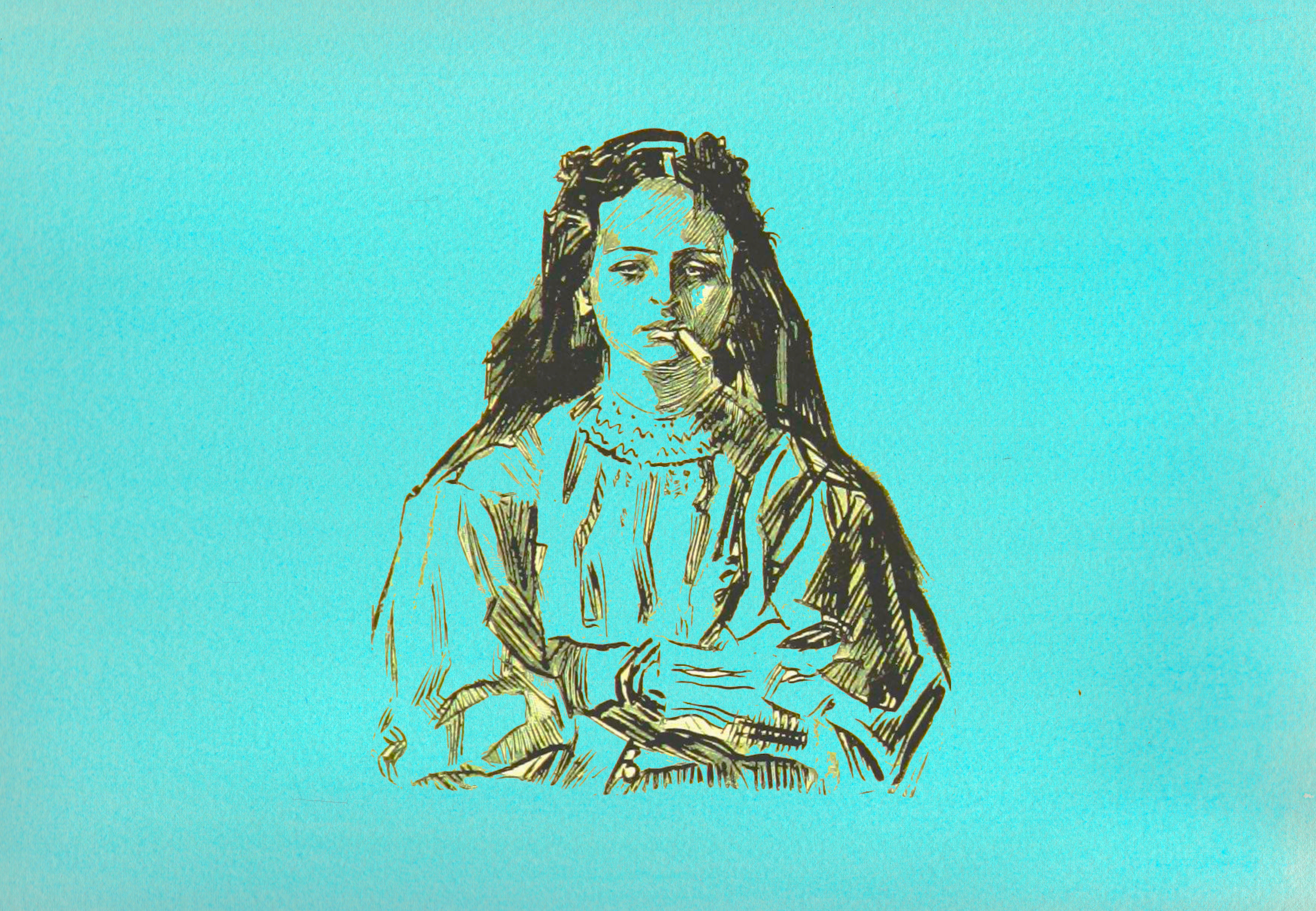
Zagleda se Ramo i Saliha
Na planini ovce čuvajući.
Gledaše se tri godine dana.
Kad nastala četvrta godina,
Otposlaše Ramu na planinu,
A Salihu svatovim dadoše.
To začuo na planini Ramo,
Te on siđe na drum prid svatove,
Pod Salihom konja ufatio:
„Stan, Saliha, da se hesābīmo!“
„Šta ćemo se, Ramo hesábiti?
Dao si mi gaća trista akči,
Dva učkura, svaki po krk akče,
I to, Ramo, uć juz seksen akče.
Dao si mi svile sèksen akče,
I to, Ramo, dort juz altmiš akče.
Dao si mi halve altmiš akče,
I to, Ramo, beš juz jirmi akče.
Dao si mi jȁga altmiš akče,
I to, Ramo, beš juz seksen akče.
Dao si mi hrmze jìrmi akče,
I to, Ramo, šest stotina ravno.
Ako si mi gaće kupovao,
Na svom si ih vratu ti derao;
Ako si mi ùčkur kupovao,
Svojim si ih zubima trgao;
Ako si mi svilu kupovao,
Vezene si jàgluke derao;
Ako si mi halvu kupovao,
Sa mnom si je naporedo jeo;
Ako si mi hrmzu kupovao,
Ljepša ti je hȁjkavica bila.“
Pušća Ramo konja pod Salihom,
Svatovima je plaho govorio:
„Vodte, svati, jebena Salihu!“